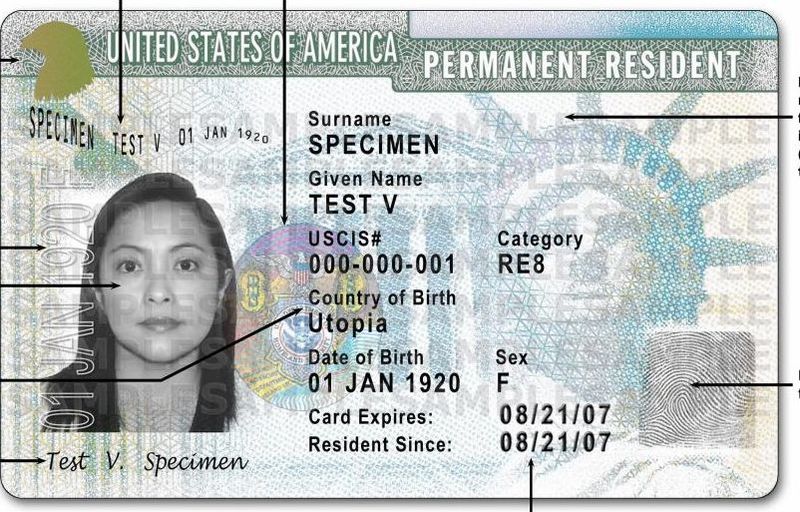The following eight countries are now subject to travel restrictions (travel ban): Chad, Iran, Libya, North Korea, Syria, Venezuela, Yemen, Somalia.
There was no clear explanation why the U.S. ally in Africa, Chad, was added to the list of the banned countries.
Iraq and Sudan were removed from the travel ban list, but the Proclamation Travel Ban recommends “additional scrutiny” for nationals of Iraq and Sudan.
This travel ban applies differently to citizens of different banned countries:
** Citizens of North Korea are barred from all types of immigrant and nonimmigrant entry into the United States;
** Citizens of Chad are only barred from entering on immigrant visas and on non-immigrant business (B-1), tourist (B-2), and business/tourist (B-1/B-2) visas; and
** Citizens of Iran are barred in all immigrant and nonimmigrant categories except for student (F and M) and exchange visitor (J) visas. Therefore, it is expected that visa issuance and entry in categories not subject to the ban will continue uninterrupted.
The Proclamation Travel Ban goes into effect on different dates for different countries.
For foreign nationals already subject to the Travel Ban 2.0 and who do not have a bona fide relationship with a person or entity in the US, the restrictions in the Proclamation Travel Ban went into effect immediately on September 24, 2017. For all nationals of the recently added countries, travel ban will apply on October 18, 2017.
Effective October 18, 2017, the proclamation appears to get rid of the “bona fide relationship” protection implemented by the Supreme Court under its temporary ruling on the EO Travel Ban 2.0, which exempted travelers with certain qualifying family and employment relationships in the US. Most likely, this issue will be litigated again.
Contrary to the Travel Ban 2.0, the new Proclamation Travel Ban has no expiration date. Government agencies will be presenting reports every 180 days, and the Travel Ban 3.0 can be revised based on the reports and recommendations.
Additional countries may be added in the future.
Countries may be removed if they are recommended for removal by the DHS, in consultation with US Department of State and other relevant US agencies.
The new Proclamation Travel Ban 3.0 does not apply to certain categories of travelers:
- Lawful permanent residents..
- Travelers who already hold a valid US visa.
- Dual citizens of the designated (banned) countries who are traveling on the passport of a non-designated country.
- People already granted asylum in the US or admitted to the US in refugee status, and those already granted withholding of removal, advance parole, or protection under the Convention Against Torture.
- People traveling with a document other than a visa valid on the effective date (for example, an advance parole document) that permits them to travel to the USA .
- Holders of diplomatic visas, NATA visas, UN C-2 visas, G-1, G-2, G-3, and G-4 visas;
A case-by-case waiver may be issued by consular and border officers when determined to be appropriate. The waiver grant guidance is expected to be released soon by the US Department of State. The waiver guidance will consider the US national interest and potential security risks for each individual, among other categories.
Full test of the Presidential Proclamation is here.








 RSS Feed
RSS Feed